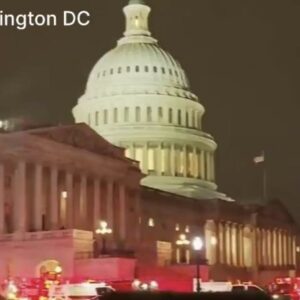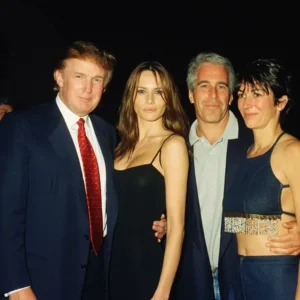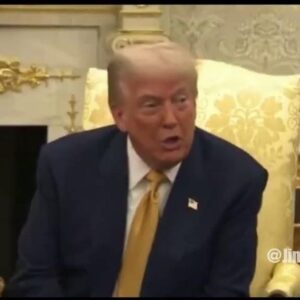After decades of Democrats depending heavily on the youth vote, new polling data suggests a notable shift: more young Americans are beginning to embrace conservative values, marking a break from the liberal leanings of past generations. The change is gaining national attention as it challenges long-held assumptions about Gen Z’s political identity.
“It’s starting to feel cool to be a conservative now,” said 19-year-old Kieran Laffey, a political science student at George Washington University and chair of the GW College Republicans, in an interview with The Washington Times. “Younger people all over the country are kind of waking up,” he added, capturing a sentiment that appears to be spreading among his peers.
Laffey is part of Generation Z, typically defined as those born between the late 1990s and early 2010s. While the oldest in this group are now in their mid-20s, many are rejecting what they see as rigid left-wing orthodoxy and questioning dominant cultural narratives. Even as the younger members of Gen Z are still in high school, signs of political divergence are becoming more visible.
“Young, white males like myself have been completely demonized,” Laffey said, describing how he and others feel marginalized by progressive rhetoric that often labels them as inherently privileged or problematic. He believes this constant criticism has played a role in driving some young people to explore alternative political viewpoints, including conservatism.
Polling supports the trend. A 2025 Yale Youth Poll revealed that while voters aged 22 to 29 leaned Democratic by about six points, the younger group aged 18 to 21 favored the Republican candidate by nearly 12 points. Younger voters also skew more conservative on key social issues, opposing transgender participation in women’s sports and further aid to Ukraine. Analysts suggest the divide may be rooted in differing pandemic experiences — with younger Gen Zers shaped by school closures, isolation, and frustration with government mandates. For Laffey, who was 14 when COVID hit, the lockdowns marked a turning point: “I started to realize, oh, who’s kind of pulling the strings here, what’s going on?”




